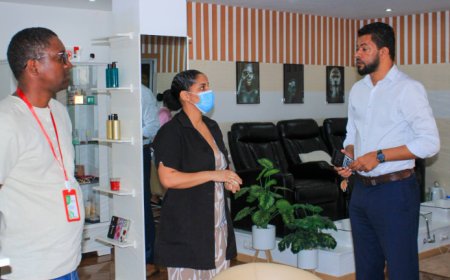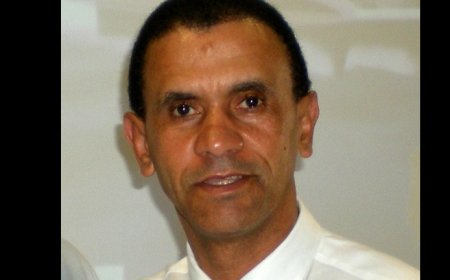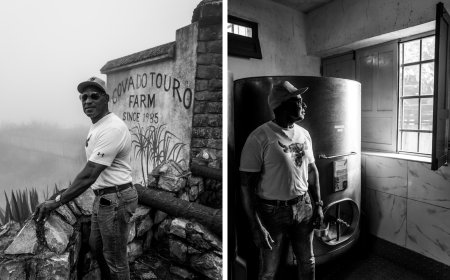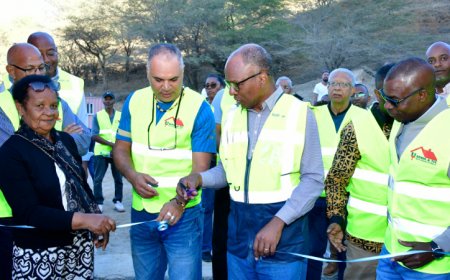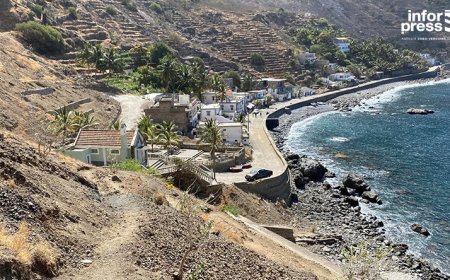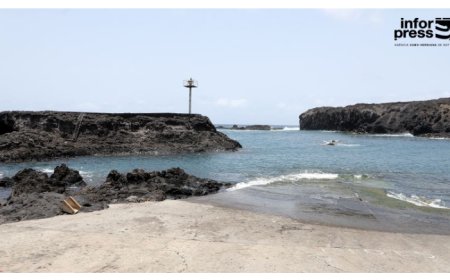Plane bound for Cape Verde diverts to Gatwick after technical problem
A TUI flight bound for Cape Verde was diverted to Gatwick airport in the UK after a technical fault on board a Boeing 737 MAX 8. The incident occurred on July 5, 2025 and ended with a safe landing, but it reignited concerns about the safety of the model and caused inconvenience to dozens of passengers.
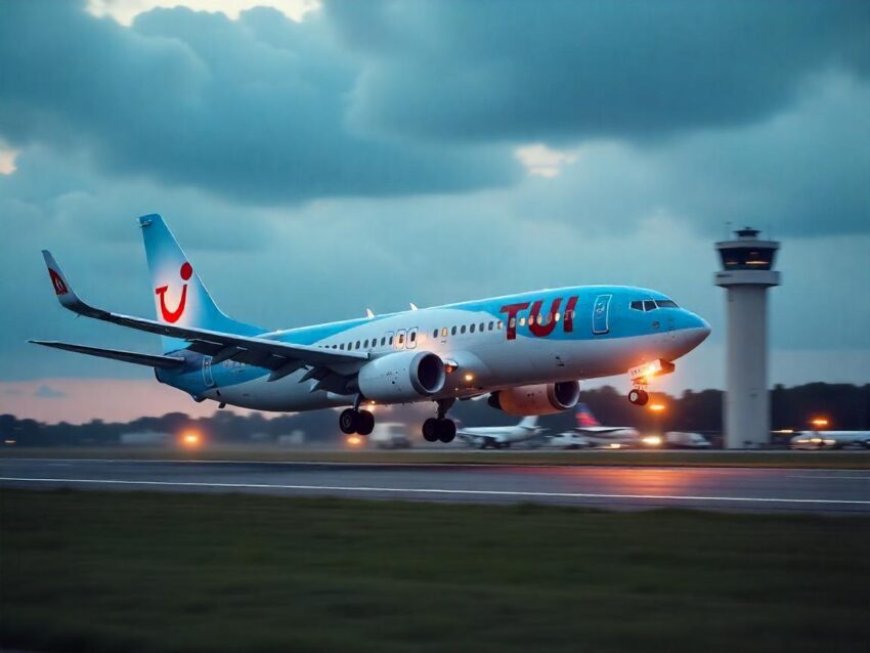
A TUI Airways flight bound for Cape Verde was forced to dramatically divert its route on Saturday, July 5, after a technical fault arose en route. The aircraft, a Boeing 737 MAX 8 with flight number BY864, departed from East Midlands Airport (Nottingham) bound for the town of Rabil, on the island of Boa Vista, but ended up landing at London Gatwick Airport for safety reasons.
The flight, which was supposed to give passengers a peaceful journey to the tropical beaches of Cape Verde, turned out to be a tense experience. Take-off took place at 08h45 (local time) with a delay of almost an hour. The aircraft, registered as G-TUMF, reached a cruising altitude of 35,000 feet and was proceeding normally over France when the crew detected an as yet unspecified technical problem. Flying over the Brittany region, the pilots began a controlled descent and contacted air traffic control, deciding to divert.
The air traffic controllers then directed the aircraft towards Gatwick airport. On approaching British airspace, the plane performed multiple holding turns at altitudes of between 4,000 and 6,000 feet, while emergency crews prepared for landing. The plane landed safely on runway 26L at 12.30pm and was immediately taken to a remote position, where engineers were waiting to carry out a detailed technical inspection.
Despite the scare, no injuries were reported, and TUI said it is providing assistance to the passengers affected, who have seen their vacations interrupted. The company has not yet announced whether the flight will resume or whether the passengers will be relocated to another plane.
This incident rekindles the concerns surrounding the Boeing 737 MAX 8, a model that has already been involved in two fatal accidents in 2018 and 2019, leading to its temporary suspension worldwide. Although it has been recertified for operation, each new episode with this model continues to generate anxiety among passengers and aviation experts.
TUI, one of Europe's largest tour operators, is now facing pressure to set the record straight and reinforce public confidence in the middle of the peak summer season. The incident also has a potential impact on Cape Verde's tourism sector, which relies heavily on European air traffic during the months of July and August.
According to reports from aviation enthusiasts on social media and flight-tracking platforms, the detour included fuel-burning procedures before landing, a common practice to reduce the weight of the aircraft in emergency situations.
The Boeing 737 MAX 8 remains at Gatwick Airport, where it will undergo further assessments before any possible return to operation. The British authorities and TUI itself are continuing to investigate the incident. In the meantime, passengers across Europe are watching closely, a reminder that although the skies are safe, aviation continues to depend on a highly complex web of human decisions, technology and unforeseen factors.















